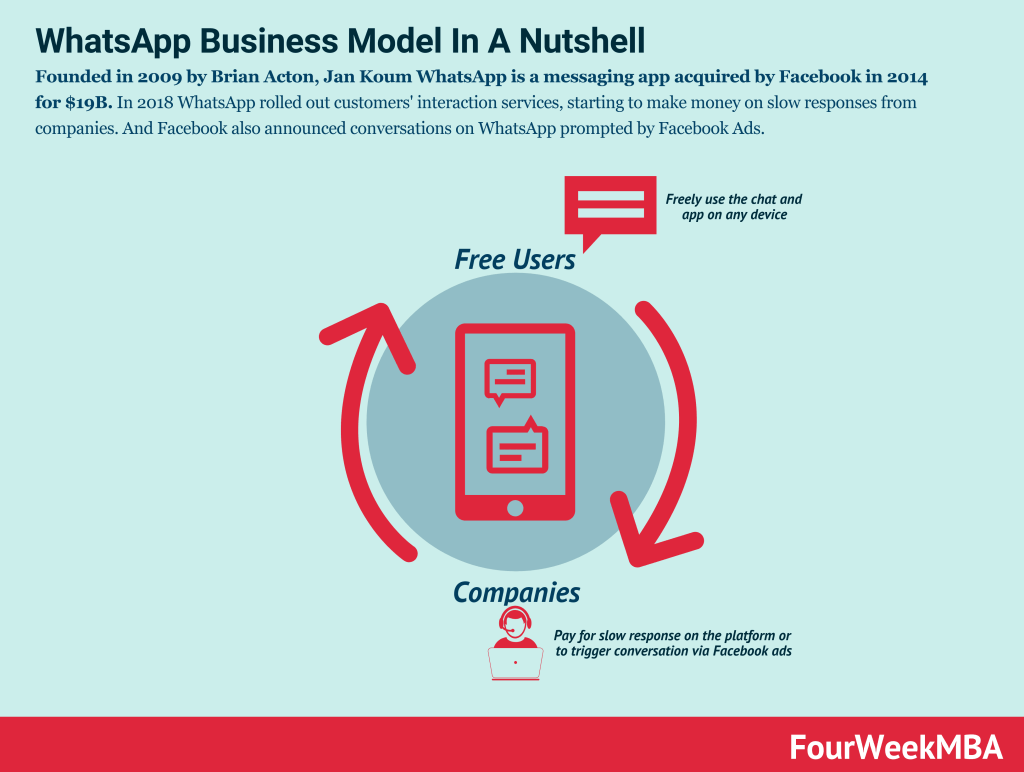Facebook, a social media service now owned by Meta, was founded in 2004 by Mark Zuckerberg with fellow Harvard students and roommates Chris Hughes, Dustin Moskovitz, Andrew McCollum, and Eduardo Saverin. Since the company was founded some seventeen years ago, it has moved far beyond a simple social networking platform into related industries such as virtual reality, web analytics, artificial intelligence, and even solar-powered drones.
| Subsidiary / Division | Business Category | Key Differentiator | Integration Strategy |
|---|---|---|---|
| Meta (formerly Facebook) | Social Media and Social Networking | Leading social media platform. | Serves as the core product, offering a platform for connecting people, sharing content, and social networking. |
| Photo and Video Sharing | Popular photo and video-sharing platform. | Enhances Meta’s social media ecosystem, focusing on visual content and influencer-driven engagement. | |
| Messaging and Communication | Encrypted messaging app with global reach. | Expands Meta’s communication services, with a strong emphasis on privacy and secure messaging. | |
| Messenger | Messaging and Communication | Instant messaging and chat app. | Provides additional messaging and communication options, enabling direct communication within the Meta ecosystem. |
| Oculus | Virtual Reality (VR) | VR hardware and experiences. | Ventures into virtual reality, offering immersive experiences and technology for gaming and entertainment. |
| Portal | Smart Devices and Video Calling | Smart display and video calling devices. | Focuses on hardware for video communication and integrates with Meta’s social and messaging services. |
| Facebook Reality Labs | Augmented Reality (AR) | AR research and development. | Advances AR technology and applications, aiming to integrate augmented reality into daily experiences. |
| Spark AR | Augmented Reality (AR) Platform | AR creation and development platform. | Provides tools and resources for creators to build augmented reality experiences on the Meta platform. |
| Meta Labs | Research and Development | Research on future technologies and projects. | Focuses on long-term technology advancements, including AI, connectivity, and next-gen internet solutions. |
| Novi Financial | Digital Wallet and Cryptocurrency | Digital wallet and cryptocurrency services. | Introduces digital payments and cryptocurrency solutions, integrating with Meta’s social and messaging platforms. |
| Meta for Business | Business Services and Advertising | Tools and services for businesses and advertisers. | Supports businesses in advertising and promoting their products and services on Meta’s platforms. |
| Meta AI | Artificial Intelligence (AI) | AI research and development. | Advances AI technologies and applications, enhancing user experiences and data analysis across Meta’s platforms. |
Oculus
Oculus is a producer of virtual and augmented reality hardware and software originally founded in 2012 by Palmer Luckey, Brendan Iribe, Michael Antonov, and Nate Mitchell.
The first product Oculus released was Oculus Rift, a virtual reality headset for video gaming.
Facebook acquired Oculus in 2014 for $2.3 billion in cash and stock – the company’s second-largest acquisition behind WhatsApp.
Since then, Oculus has spurned subsidiaries of its own such as 3D scene mapping company Surreal Vision and American video game developer Sanzaru Games.
Ready at Dawn
Ready at Dawn is a California-based video game developer composed of former employees of Blizzard Entertainment and Naughty Dog.
The developer is perhaps best known for the titles Daxter and God of War, and now operates a separate campus in Oregon to further its development ambitions.
Ready at Dawn is another Oculus subsidiary acquired in June 2020 to create virtual reality titles for the platform.
Giphy
Giphy is a database of short looping videos that social media users in visual communication.
The database, launched in 2013 by Jace Cooke and Alex Chung, started as a search engine for the more primitive GIF.
Various apps and acquisitions were made over the following years as Giphy increasingly integrated with social media.
The platform passed 200 million daily active users in 2017 and was acquired by Facebook three years later for $400 million.
However, the deal attracted scrutiny in the United Kingdom for anticompetitive behavior and because of Facebook’s recent privacy scandals.
In late 2021, antitrust regulators in the UK ordered the company to divest Giphy. This is a decision that Facebook has decided to appeal.
Kustomer
Kustomer is a CRM platform that Facebook acquired toward the end of 2020.
The omnichannel platform can show customer conversations from multiple channels in a single view and has become a useful tool for small businesses that advertise and sell on Facebook.
Kustomer is also used by larger clients such as Sweetgreen, Glossier, and Abercrombie & Fitch Co.
In addition to the CRM platform, Kustomer also offers chatbots that use artificial intelligence to interpret customer intent, enable self-service, and resolve queries more efficiently.
Ascenta
In March 2014, Facebook acquired solar-powered drone manufacturer Ascenta for $20 million.
The move was seen as a response to Google’s purchase of a similar company as part of a race to connect remote locations worldwide to the internet.
As part of the deal, Ascenta and its specialist staff joined a team of scientists and engineers as part of Facebook’s Internet.org non-profit to beam the internet to the world from the sky.
Key takeaways:
- Since Facebook was founded some seventeen years ago, it has moved far beyond a simple social networking platform into related industries such as virtual reality, web analytics, artificial intelligence, and even solar-powered drones.
- Facebook subsidiaries include virtual reality software and hardware company Oculus, which now has several video game development subsidiaries of its own.
- Solar-powered drone manufacturer Ascenta and CRM platform Kustomer are also Facebook subsidiaries. Facebook also acquired animated video platform Giphy in 2020, but the deal was considered anticompetitive and it remains to be seen as to whether the company will have to divest.
Read Also: Facebook Business Model
Related Visual Stories













Facebook Organizational Structure




![How Does Facebook [Meta] Make Money? Facebook Business Model Analysis 2024 facebook-business-model](https://i0.wp.com/fourweekmba.com/wp-content/uploads/2024/02/facebook-business-model.png?resize=150%2C113&ssl=1)


![Google Subsidiaries: The List Of Companies Owned By Google [Alphabet] google-subsidiaries](https://i0.wp.com/fourweekmba.com/wp-content/uploads/2023/11/google-subsidiaries.png?resize=150%2C113&ssl=1)



